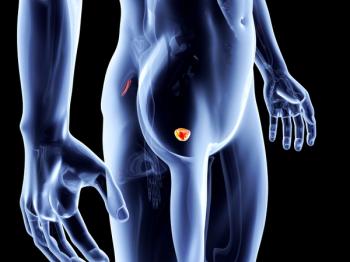
|Slideshows|April 29, 2016 (Updated: November 11, 2020)
FDA Approves RCC Drug, Prostate Cancer and Smoking Link: April News Roundup
Author(s)Cancer Network Editors
This slide show highlights some of the top stories of the month, including the approval of a new agent for RCC, a study that found declines in prostate cancer deaths have mirrored the declines in smoking rates, and more.
Advertisement
Newsletter
Stay up to date on recent advances in the multidisciplinary approach to cancer.
Advertisement
Advertisement
Advertisement
Trending on CancerNetwork
1
FDA Grants Accelerated Approval to Zongertinib in HER2+ NSCLC
2
FDA Grants Fast Track Designation to SRN-101 for Recurrent High-Grade Glioma
3
How has Immunotherapy Evolved in Breast Cancer Treatment?
4
Decoding Key Community Oncology Takeaways From ASCO GI 2026
5













































